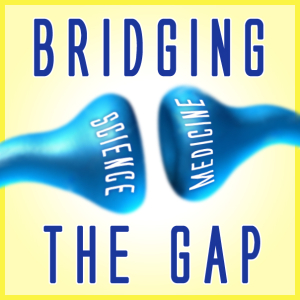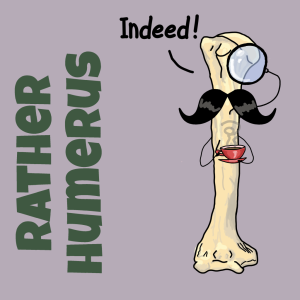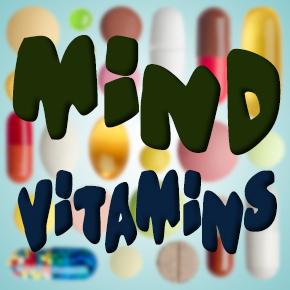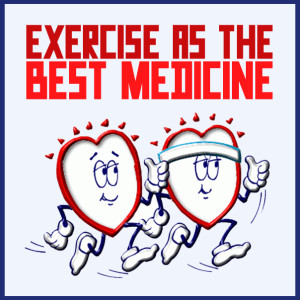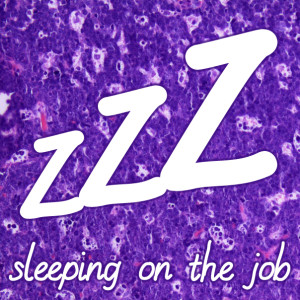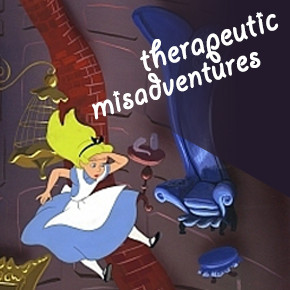How Belief Influences the Practice of Medicine
While dancing on the line between church and state, the Supreme Court ruling in favor of Hobby Lobby’s decision to not fund contraceptives for its employees drew considerable media attention and controversy. Since the use of contraceptives opposes the religious beliefs of the company leaders, Hobby Lobby employees seeking access to contraceptives must pay for them out of pocket. To better understand the experience of faith that ultimately guided the Hobby Lobby company leaders and in order to “bridge the gap” between science and medicine on the topic of religion, it is important to explore the mechanisms by which widely used religious routines affect our brains.



